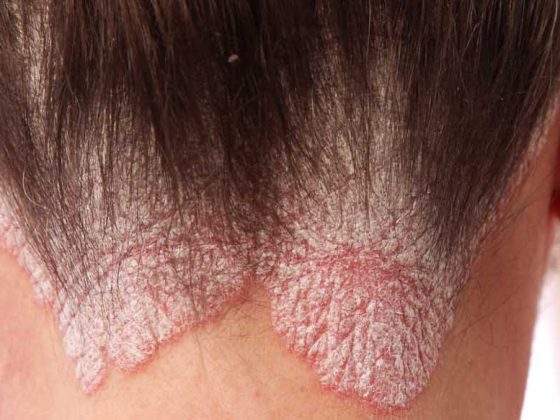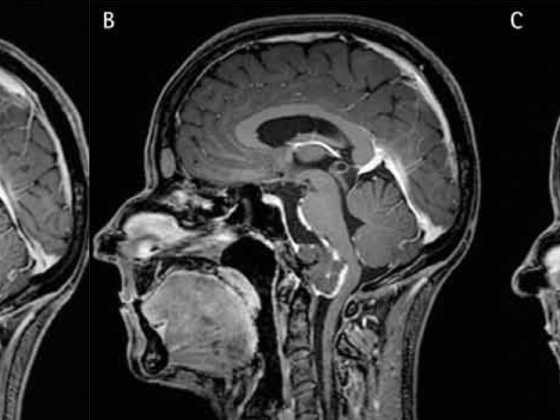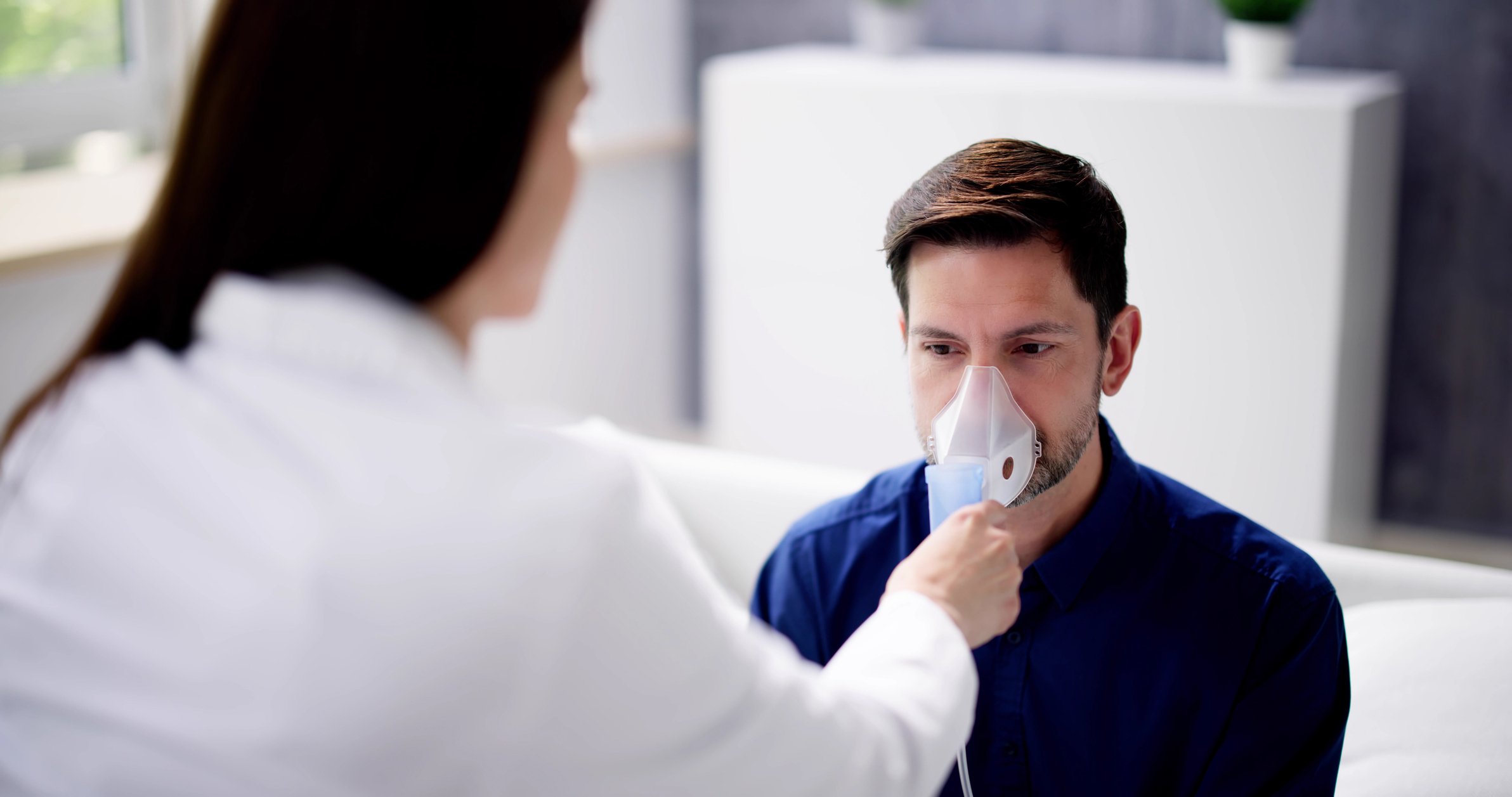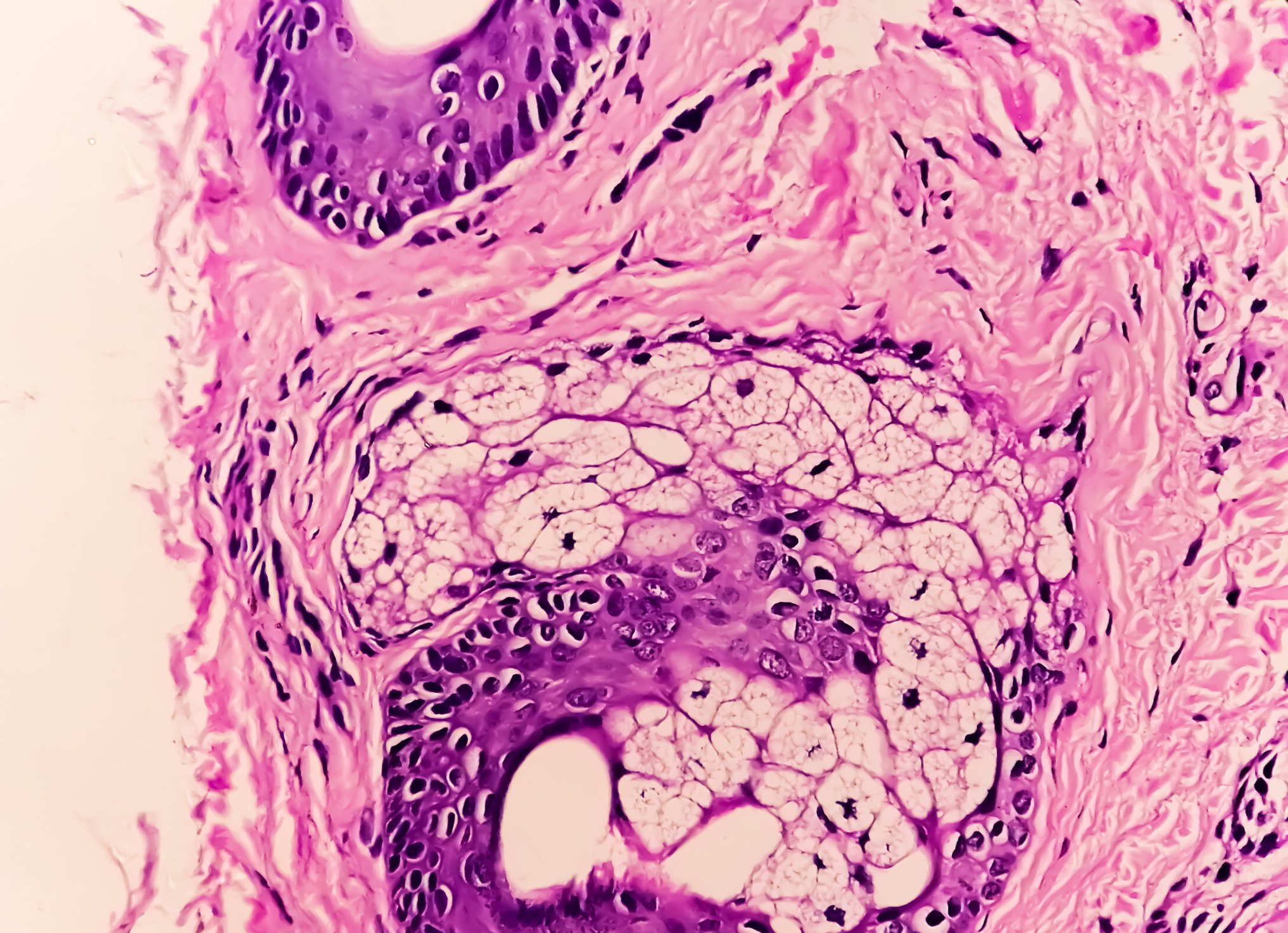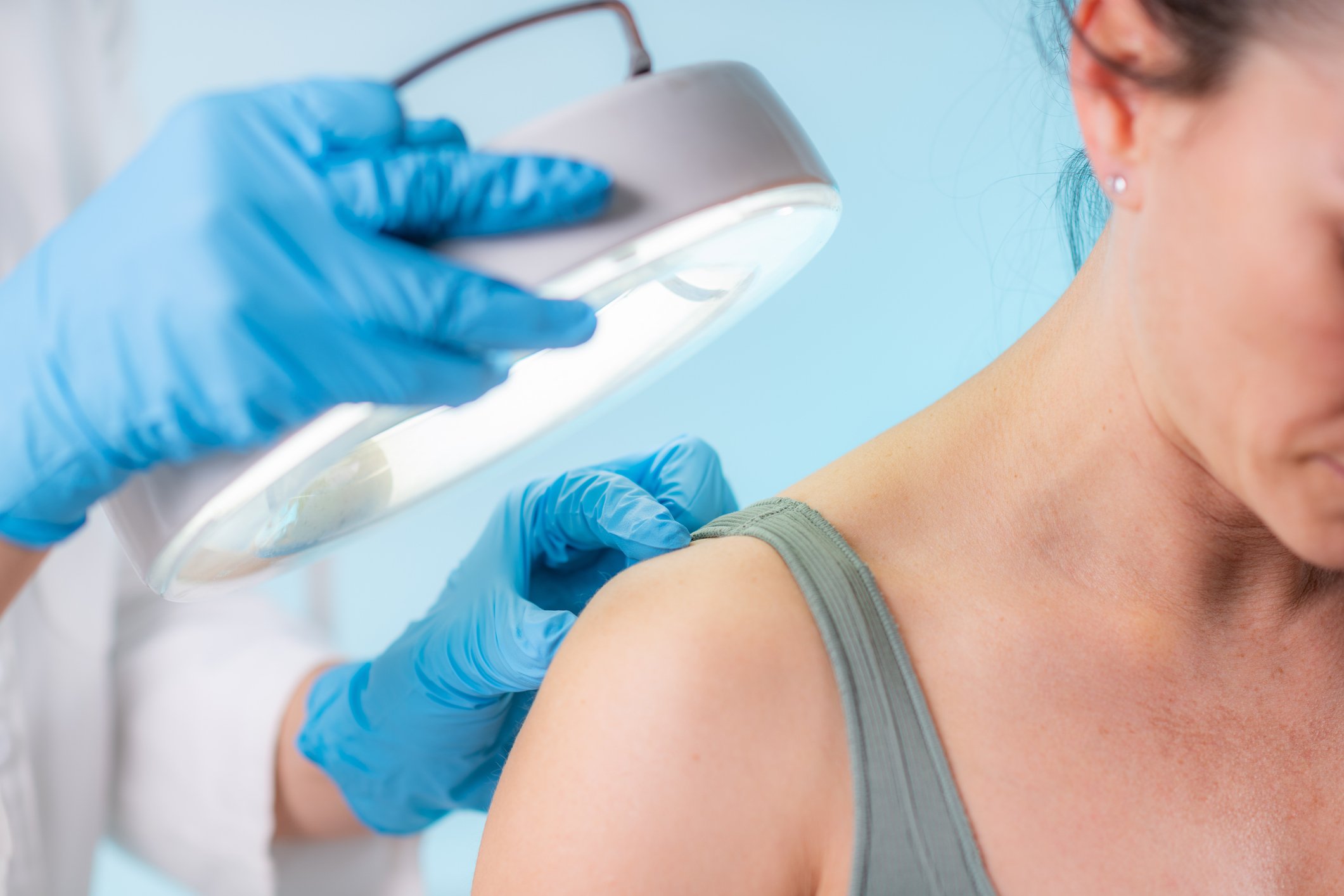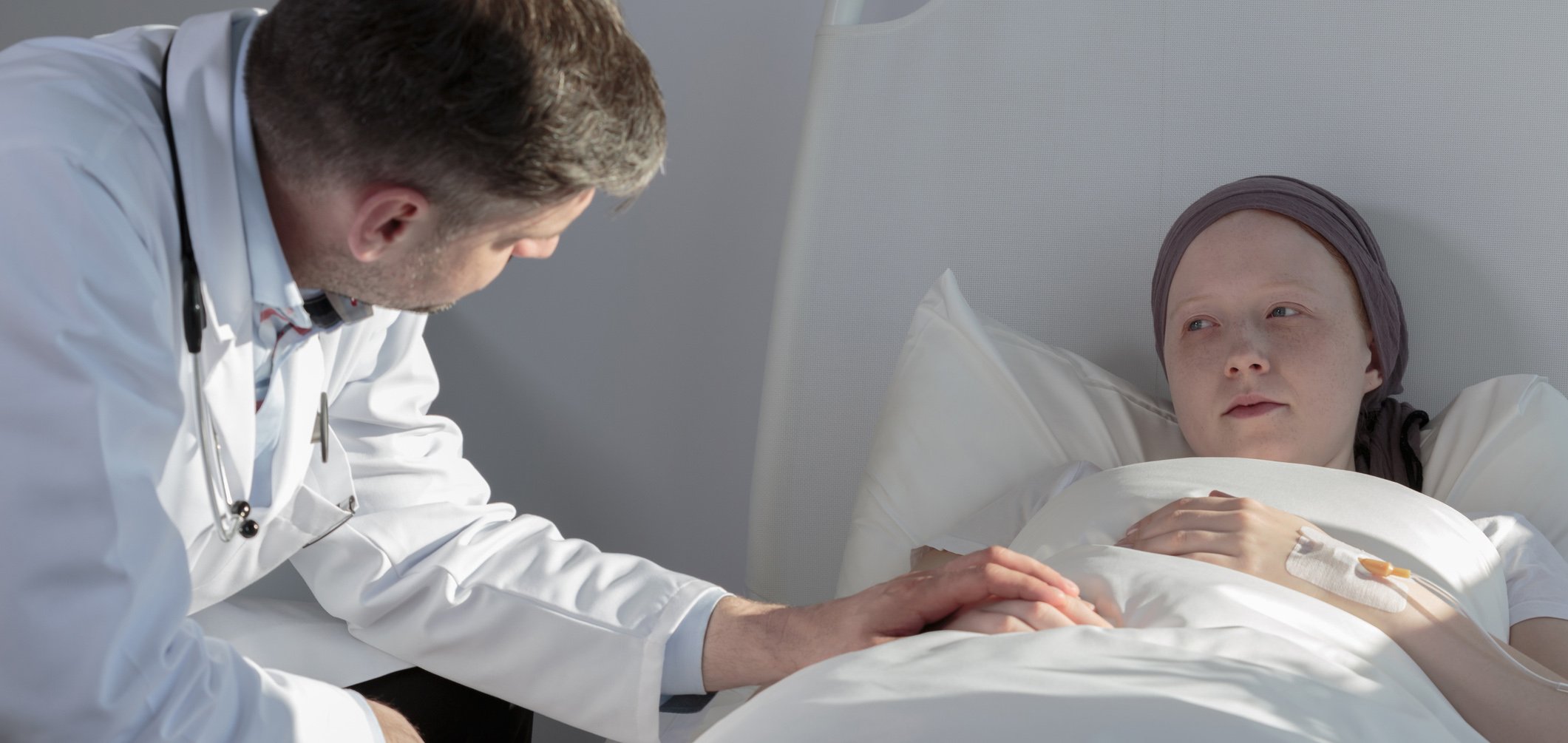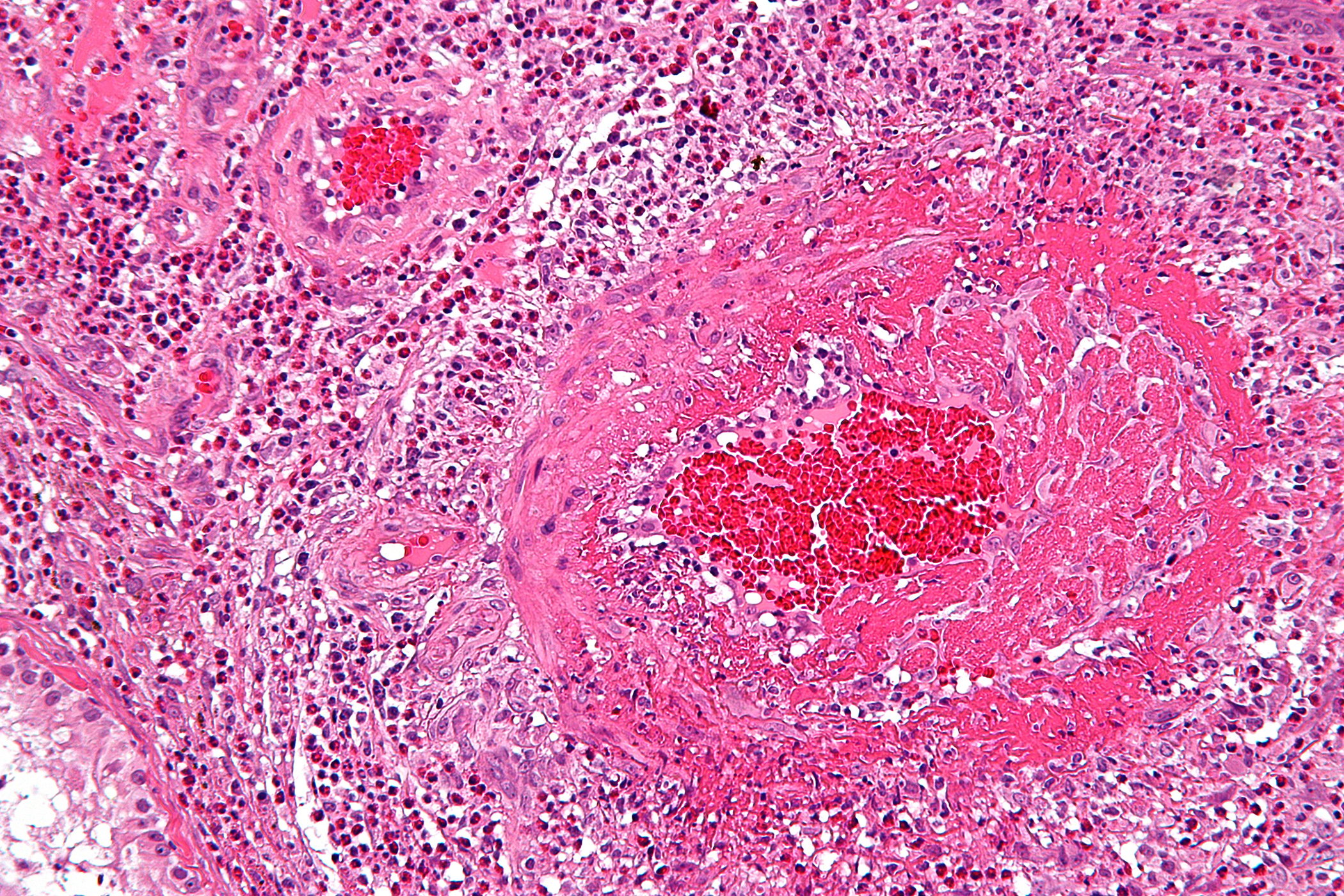The symposium “Perspectives on Psychiatric Therapy” was held for the 15th time this year in Zurich. Due to the large number of participants, the lectures were broadcast live to a second lecture hall. The focus was on the border areas between psychiatry and somatics, for example neurological and ophthalmological problems in patients with mental illness. We report on selected presentations.
Prof. Dr. med. Milko Iliev, FMH Ophthalmology, Zurich, informed about the connection between eye diseases and mental illnesses. In the case of the eyes, it is not only important that they “function”, but also that there are no subjective symptoms (e.g. glare or burning) and that the aesthetics are right – drooping eyelids or reddened eyes, for example, can be perceived as very disturbing. In everyday life, we are not aware of our eyes – as soon as we notice them, something is wrong for us. Fear of vision loss and concern for the eyes are serious primal human fears. Prof. Iliev reported that many visually impaired people, even blind people, still go to the ophthalmologist regularly to find out how their eyes are doing.
Eye diseases that can be psychologically stressful include macular degeneration, retinitis pigmentosa, glaucoma, dry, sensitive eyes, or exophthalmos. These can become a dominant feature of everyday life because of their poor prognosis or bothersome symptoms. Strong psychosomatic elements are present in a number of ocular diseases: Accommodation disorder, blepharospasm, chalazion, sicca syndrome, retinopathia centralis serosa, and central angiospastic retinopathy. These diseases may recur or intensify during periods of severe psychological stress. And conversely, symptoms and findings may decrease as the psychosocial environment improves.
Most psychotropic drugs have the potential to cause ocular disturbances, but these are rare or rarely severe (Table 1). Glaucoma is often mentioned in package inserts as a contraindication to the use of psychotropic drugs, but this is true only for narrow-angle glaucoma. However, in Europe, 85% of glaucomas are wide angle glaucomas. This means that the corner of the eye cannot be closed – not even by psychotropic drugs.
Maintenance of healthy teeth in mental disorders
Dr. med. dent. Carola Imfeld, dentist, Center for Dental Medicine, Zurich, gave a very practical lecture on maintaining healthy teeth in cases of medication-induced dry mouth and eating disorders. Patients with dry mouth often suffer from rapidly progressing caries in unusual places (e.g. tooth necks). This shows that saliva has many more functions than just moistening food: It protects the mucous membrane, has a buffering effect, cleans the teeth, has an antibacterial effect, etc. For prophylaxis of caries damage in dry mouth, Dr. Imfeld recommends frequent individual and professional dental cleanings, intensive fluoridation and, if necessary, chemoprevention. The use of systemic medications to promote salivation (Sialagoga) such as Sulfarlem® S 25 and Salagen® is also very useful.
In patients with bulimia, the enamel is initially eroded on the palatal side of the teeth due to frequent vomiting; nothing is initially seen from the front (labial side of the teeth)! Since erosion is painless, patients often come to the dentist too late. These are often young female patients with good oral hygiene. Typical consequences are edge fractures of the incisors and fillings exceeding the tooth level. The lower anterior teeth are almost never affected. Often, teeth are damaged not only by stomach acid, but also by extrinsic acids, as patients often consume a lot of fruits, soft drinks, vinegar and lemon juice. The primary goal in these patients is to preserve the remaining tooth structure:
- Use of fluoride (jellies, varnishes, etc.)
- After acid consumption or vomiting, no mechanical oral hygiene for the next hour
- Nutritional counseling
- Neutralization by antacids
- Making a protective splint that the patient can put over her teeth before vomiting.
Downloadable fact sheets for patients with dry mouth and eating disorders are available on the Dental Center website at www.zzm.uzh.ch/ppk/patienten/leistung/praeventivzahnmedizin/mb-erwachsene.html.
Extrapyramidal syndromes with psychopharmacotherapy.
PD Dr. med. Manuel Meyer, FMH Neurology, Neurozentrum Bellevue, Zurich, presented the various hyperkinetic movement disorders that can be triggered by drugs (not only psychotropic drugs!). Some examples:
- Acute hyperkinesia: Within twelve weeks of initiation of therapy.
- Tremor: Most commonly reinforcement of a physiological tremor. Late tremor develops during many years of treatment.
- Acute dystonic/dyskinetic reactions: Short to prolonged (minutes) muscle contractures.
- Parkinsonism: tremor, rigidity, bradykinesia; subacute onset.
- Akathisia: Irresistible urge to move, poorly treatable unlike restless legs syndrome, propanolol works best.
- Neuroleptic malignant syndrome: incidence less than 1%, manifestation in the first 24 hours to first weeks.
- Tardive dyskinesia (TD): Often irreversible, usually within one to two years after initiation of therapy. Incidence has decreased since the introduction of second-generation neuroleptics (10%, previously 20%). A special form is oromandibular dystonia: stereotyped mouth and tongue movements, voluntary mobility of the mouth muscles is good. Leponex® is the only neuroleptic that does not cause TD.
- Tardive dystonia: in 2% of patients treated with dopamine receptor blockers. The neck muscles are affected in 80% of patients.
- Late tic: Tics occur in adulthood, unlike Tourette’s syndrome.
- Late bruxism: Massive contractions of the masticatory muscles that, unlike usual bruxism, do not occur at night.
Symptoms: Tooth damage, temporomandibular joint disorders, headaches, hypersensitivity of teeth.
Current developments in pharmacotherapy
PD Dr. med. Josef Schöpf, FMH Psychiatry, Zurich, explained the current developments in pharmacotherapeutics, as he does every year. New on the market is Sycrest®, an atypical antipsychotic approved in Switzerland only for mania. It is moderately sedating and induces less weight gain than Zyprexa®.
A placebo-controlled study in treatment-resistant depressed patients found that injection of botulinum toxin into the forehead muscles showed better results than placebo therapy. Further studies must be awaited here.
It has been found that there are two HLA variants that greatly increase the risk of severe dermatological side effects when treated with Tegretol®. Therefore, genetic testing is recommended before prescribing Tegretol®. Lithium nephropathy, although rare, does occur. Typically, there is a slow progressive increase in creatinine levels with a decrease in clearance. It is thought to affect up to 1% of patients after years of lithium therapy. It is recommended that creatinine be determined every six to twelve months when lithium is administered. If creatinine increases, the patient should be referred to a nephrologist and discontinuation should be considered at best.
In patients >65 years of age, a dosage of 5-10 mg is recommended when administering Cipralex®, again for slow metabolizers; however, no one in practice makes the determination of who is a slow metabolizer, nor is it reimbursed by health insurance companies. The SmPC also newly states that Cipralex® should not be given in combination with agents that prolong QTc time. In practice, this is difficult to comply with. Dr. Schöpf recommended that an ECG be obtained in patients with cardiac disease and before exceeding a dose of 20 mg of Cipralex®. If necessary, one should switch to another SSRI, possibly Zoloft® (which has been tested most comprehensively with regard to cardiac side effects). And here is some more brief information from Dr. Schöpf:
- Champix®: Previously smoking cessation after one week of taking Champix, new until week 5.
- Naltrexone®: An anticraving effect has now also been demonstrated in alcohol dependence, so Naltrexone® is also used at addiction treatment centers. Good compliance is a prerequisite, and liver function values must be measured regularly.
- Seroquel®: New as an add-on for treatment-resistant depression. Probable improvement in the first week; stop if no success after two to three weeks.
- Lyrica®: Adding Lyrica® to SSRIs or SNRIs for generalized anxiety disorder provides additional improvement and helps with concomitant sleep disturbances.
- Which preparation for ADHD? The course of plasma levels is decisive. Ritalin® has a rapid rise and fall, Ritalin SR® has a flat course, Ritalin LA® has a biphasic course, Concerta® has a rising course. It is recommended to start with Ritalin® or Concerta® (however, Ritalin is not reimbursed by the health insurance) and to change if the preparation does not work sufficiently. Other preparations may also be considered (Strattera®, Adderal®).
Source: Symposium “Perspectives on Psychiatric Therapy”, December 7, 2012, University Hospital Zurich.


